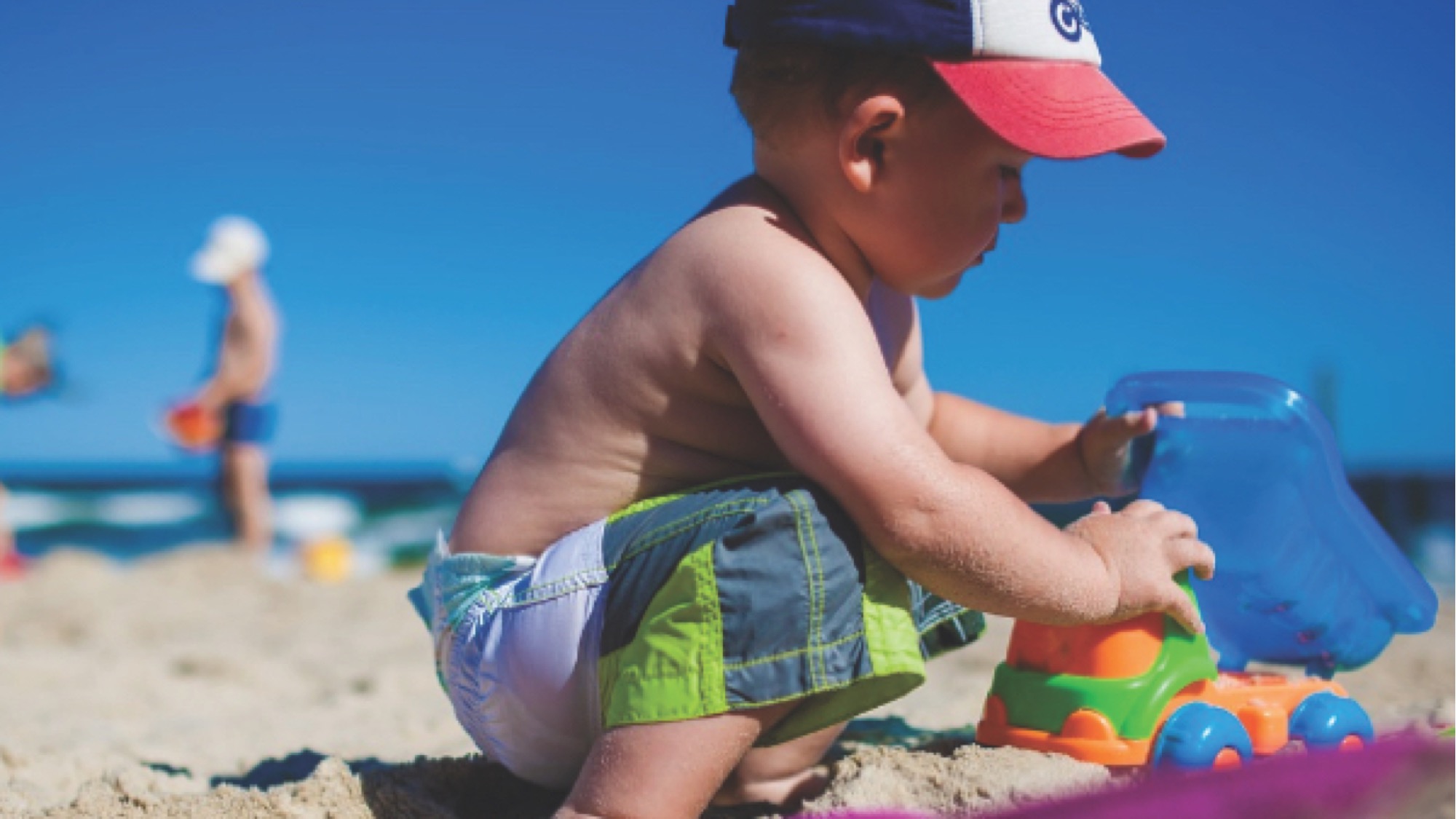
What is Play Therapy?
What is Play Therapy?

Profectum Foundation
- Mar 01
- Play Therapy
What is play therapy? It is a type of treatment designed to address a child’s behavioral difficulties. It is typically prescribed to children between the ages of three and twelve years old. It is administered by a mental health professional with specific training as a play therapist.
With a play therapist the child will work through his or her behavior difficulties in a counseling space designed as a playroom. The playroom will be equipped with toys specially chosen to promote the development of health behavior.
A typical play therapy counseling room will contain any or all of the following:
- A small sandbox with miniature toys
- Puppets
- Stuffed animals
- Dolls and a dollhouse
- Clothes for playing dress up
- Props for make believe play
- Art materials for creative expression
- Indoor games like ring toss or a basketball net
During the first session of play therapy the child will have free reign of the playroom, being encouraged to engage with anything in the room however they’d like (provided they’re not hurting themselves or destroying anything).
In follow up sessions the play therapist will take a more active role in directing the child’s use of play in a way that addresses difficulties exhibited during the first session.
What is Play Therapy: How it Works
Play therapy offers children the unique opportunity to freely express themselves in a way that may not be considered acceptable in other settings; such as a school playground.
The freedom of expression offered in a play therapy session prevents the child from acting out with inappropriate behavior, as they might be inclined to do if their play was inhibited at school or at home.
This type of freedom can help a child play better by relieving the frustration experienced either at school or at home when they can’t play how they desire. In addition, it helps parents better understand the child’s feelings and gain more insight into why the child may be feeling and behaving the way they do.
What is Play Therapy: How it Helps
When a child is able to express his or her feelings symbolically through toys they become less bothered by their feelings in day to day life. As a result of being less consumed by their feelings a child can then devote more of their mental energy to things they may be experiencing difficulty with.
Play therapy can help by leading to:
- Improved performance in school
- Better mastery of tasks
- Increased self-confidence
- More appropriate behavior around others
- Greater sense of self-worth
- Positive personal growth
Play therapy has been the subject of research for over 50 years, with medical researchers concluding that it is an effective form of treatment for children experiencing a range of emotional, social, and behavioral problems. It can also be of great help for children who have gone through a particularly stressful or traumatic event in their lives. To be sure, play therapy does require the assistance of a trained professional in order to be effective.
This blog post was provided by a contributing author.
